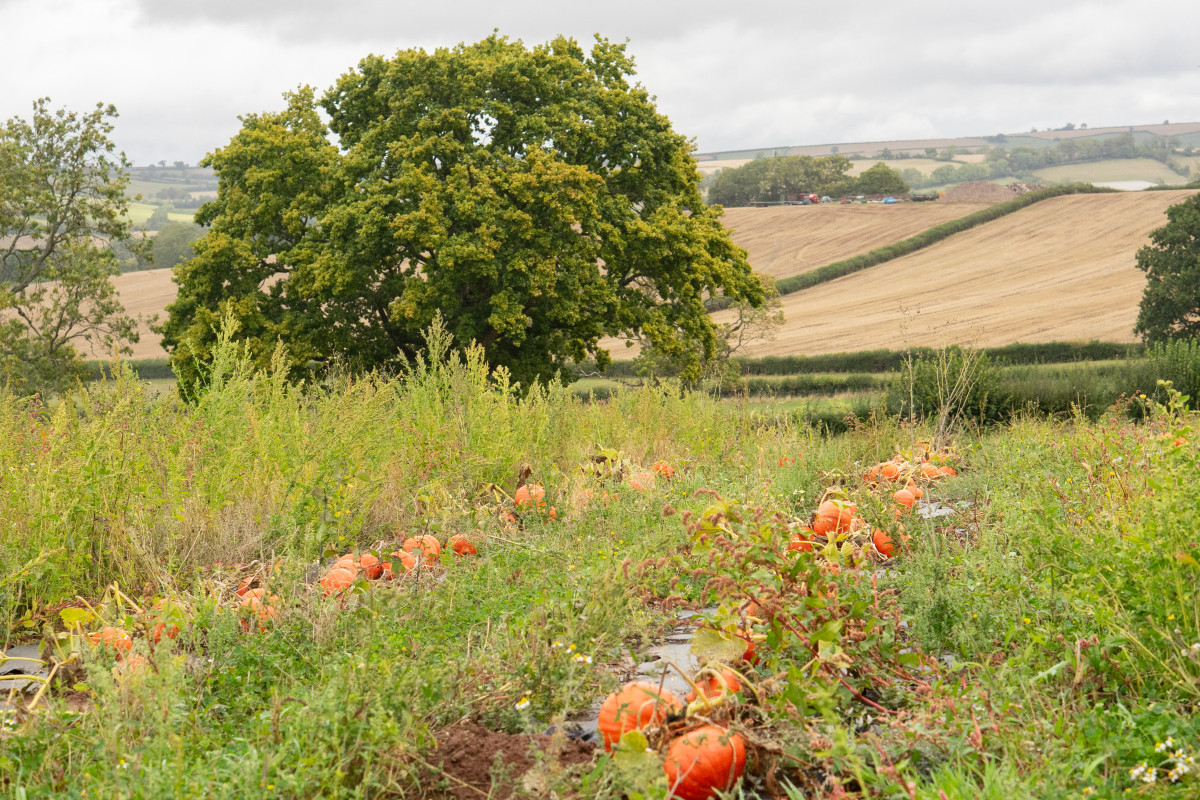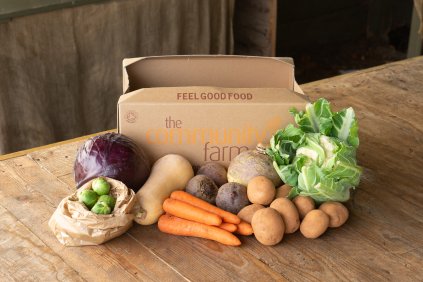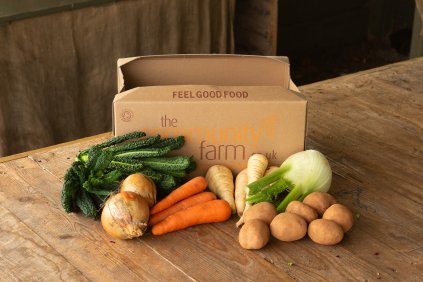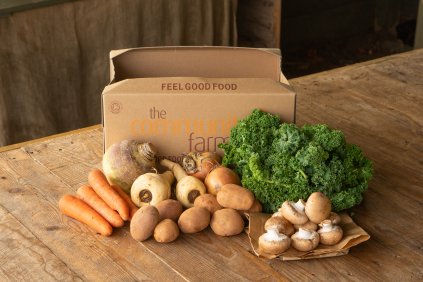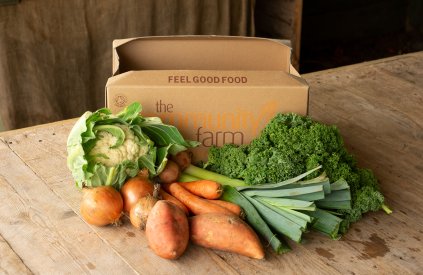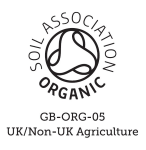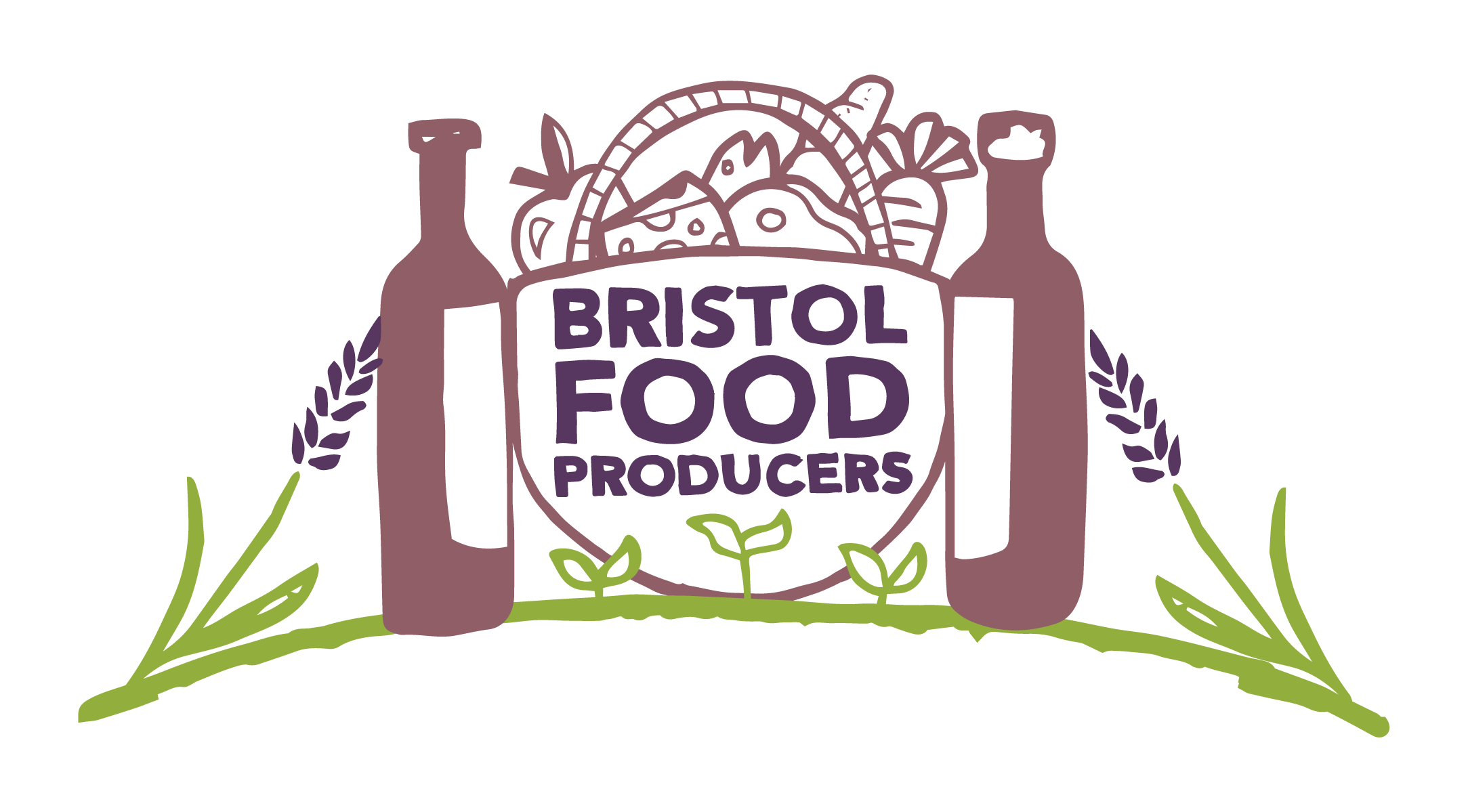With summer gone in a flash, we’ve been confronted yet again with extraordinarily wet conditions. Read on as Food and Farming Manager, John Miller, looks back on what has been a slow andvery sluggy summer!
As we face yet another deluge this early autumn, we're grateful that it hasn’t affected us too much, with our focus currently under cover in the polytunnels, pulling out the last of the summer crops and prepping and planting beds with winter salad. We’re really on it with the bed flipping this year, hoping our hard work will pay dividends, creating abundance in the lean winter months.
A good year for apples as the last fruits are plucked and sent for juicing, but it has been a somewhat disappointing harvest for most crops this year. Winter squash are the latest casualties, due in part to slug and seed germination issues during the cold, wet spring. Though not stacked quite as high as we’re used to, it is a relief to see the squash in the dry tractor shed, and out of this volatile weather. That’s not to say we’re done with this year’s harvest, as hardy leeks, kales and swede reign supreme in the field.
We can all agree it would be nice to put this soggy, sluggy year firmly behind us, but there is cause for alarm. At a national level, the picture is bleak, with government data suggesting that England is heading for one of its worst harvests on record. As farmers, it is easy to internalise our poor crop yields - is there more we could have done? Perhaps, but the burden of climate change will increasingly dominate the way in which we manage our land and the crops we grow. That’s why building a resilient food and farming system is just about the best (and only thing) we can do to make a difference.
By John Miller, Food and Farming Manager


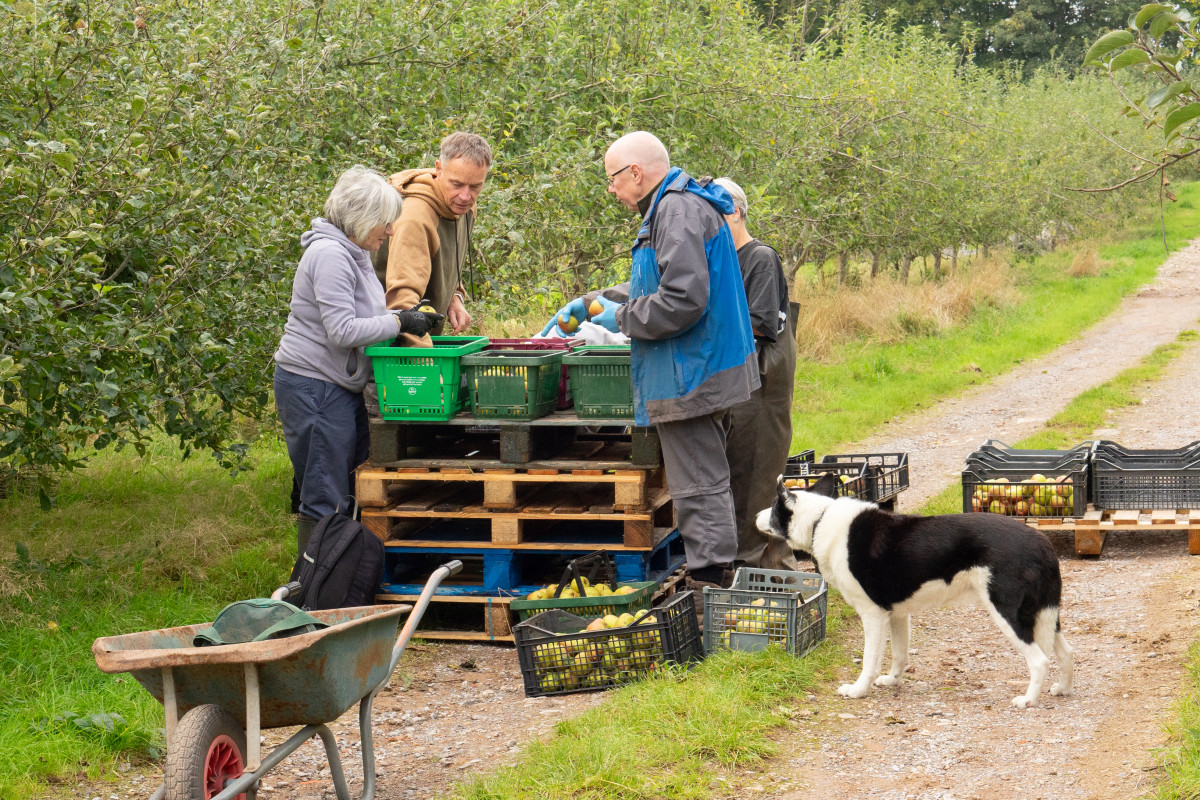
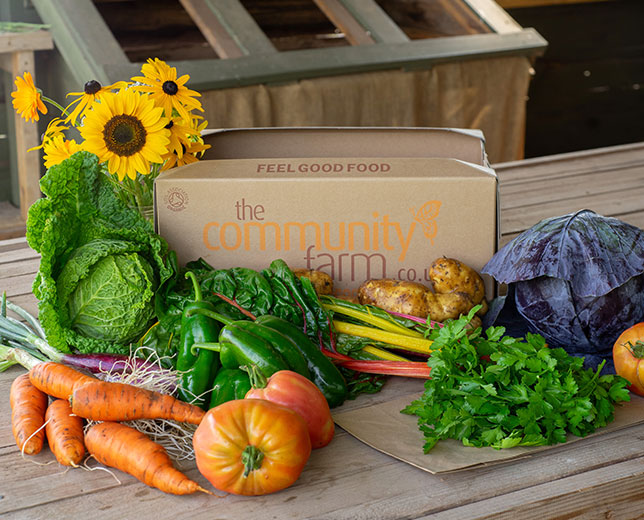
.jpg)
